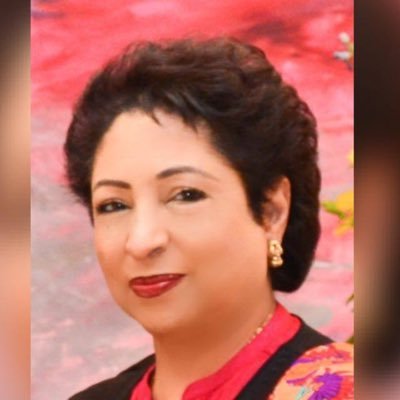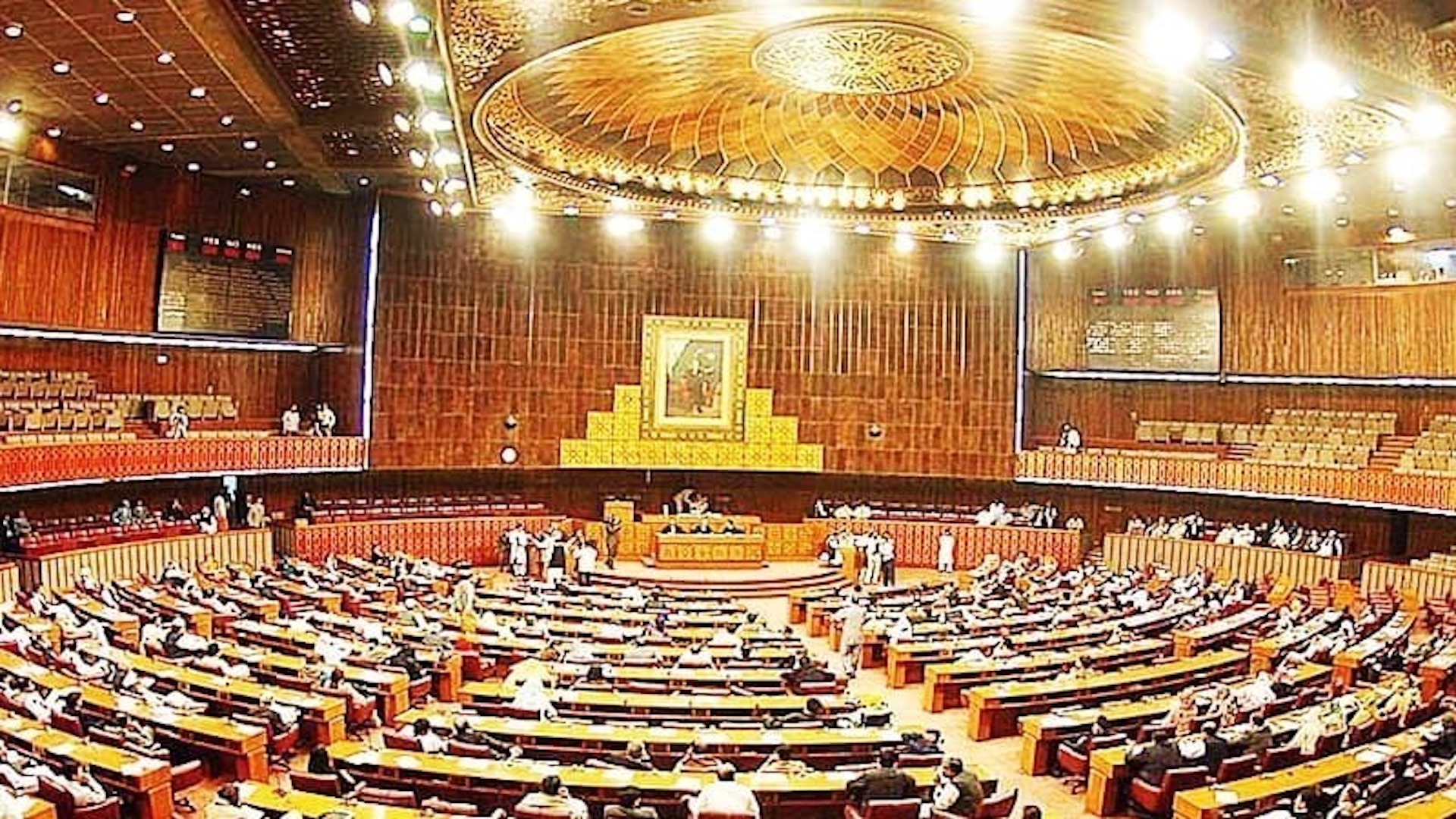This article is part of a series titled “Is there a way forward for Pakistan?” Read more about the series here.
Pakistan today faces an unprecedented crisis. Never before has it faced such serious challenges – with the country so deeply divided and in a fractured state. In fact, it confronts a polycrisis – several crises that have converged to reinforce each other and create an overall challenge tougher to deal with than any single crisis. A political crisis, with constitutional implications rages, the economic crisis is the worst in the country’s history, while a resurgence of terrorist violence has revived threats to Pakistan’s security.
The complex nature of the country’s overlapping and interconnected challenges and the fact that no single party can tackle these on its own should make political leaders and other stakeholders rise above narrow interests and consider evolving agreement on core issues, even as they continue to compete with each other.
Here are some core issues that need to be addressed immediately.
Economic revival and growth
First and foremost, Pakistan needs economic recovery and a plan to achieve this. While the present focus is on reviving the IMF loan programme, it should be a part, not substitute for a broader homegrown economic strategy. Stabilisation measures are necessary but not sufficient. Pakistan needs a path to growth and investment and a strategy to fix structural problems to end the vicious cycle of high budget/balance of payments deficits and chronic foreign exchange crises that have led to repeated IMF bailouts – a grand total of 23 now.
Unless underlying structural issues are tackled, the country will not be able to escape the trap of slow growth, low savings and investment, high deficits, heavy borrowing, growing indebtedness and soaring inflation. A band-aid approach is unsustainable. Consensus on longer term, structural measures is needed.
The narrow tax base, reflected in a low and almost stagnant tax to GDP ratio, is the source of fiscal problems, which is why serious tax reform needs to be a priority. This should aim at an equitable, simple and nationally enforced regime to give the country a single tax system. Ending exemptions, simplifying the convoluted sales tax structure, and ensuring tax compliance should be part of reform actions. Pakistan also needs to square the circle between over-taxation and under-collection.
The energy crisis is taking a heavy toll on the economy and testing people’s patience. That gives power sector reform urgency. Similarly, agreement is essential on privatising loss-making, state-owned enterprises that bloat budget deficits. A single, liberal business regulatory framework for the country and commitments for policy continuity are crucial to build and sustain investor confidence. The State Bank’s operational autonomy with the market deciding the exchange rate should also be agreed.
Unless there is an economic vision that puts in place a plan to grow and diversify exports, increase productivity, enhance competitiveness, boost savings and investment and integrate the country’s economy into the global economy, Pakistan will not be able to find a sustainable path to economic growth and prosperity.
Consensual democracy. Political stability, on which economic revival depends, requires consensus between all stakeholders, not just on continuance of democracy but its functioning by tolerance, mutual accommodation and consensus. Democracy cannot be limited to the ballot box. It should determine how the country is governed between elections. The federal nature of the polity makes this imperative – as does the regionalisation of politics and electoral outcomes that leaves different provinces in the hands of political parties different from the one leading the federal government. The federal government has to work with and not against opposition-run provinces to build inter-provincial consensus on major issues. While the central government can enact laws and take reform measures, their enforcement requires the consent of all provinces.
The role of the military is another core area that needs agreement. We have a firm popular consensus in place: that elected representatives should be in charge of governance. This indicates the delegitimisation of military intervention in politics and governance in public eyes. But political leaders must also embrace this consensus and not try to drag the army into politics to fight their battles. The military too should respect the principle of civilian supremacy even though on security policy it will continue to have a significant voice. This civil-military rebalancing of power will help to promote political stability.
Education
No issue is more consequential to a secure and prosperous Pakistan than the coverage and quality of education available to our children. Yet the facts remain grim. Pakistan has the world’s second highest number of children out of school, 22.8 million. 12 million are girls. It means 44 % of children aged 5 to 16 years do not go to school. This violates the constitutional obligation set out in Article 25A that enjoins the state to “provide free and compulsory education to all children of the age of five to sixteen years”. Of those who go to school, drop-out rates are high. All this is the result of decades of neglect and chronic under spending on education by successive governments. At 2.6 percent of GDP, this is among the lowest in South Asia.
Political leaders should stop trying to drag the army into politics to fight their battles. The military, too, should respect the principle of civilian supremacy even though on security policy it will continue to have a significant voice.
Given Pakistan’s demographic profile, young people face a jobless and hopeless future unless the scale and quality of education is expanded. This should spur the country’s leaders into treating education as a national emergency. Pakistan needs champions of reform not champions of vacuous rhetoric on education.
Population planning
Pakistan’s population of over 224 million makes it the world’s fifth most populous nation. In 2040, the population is projected to reach 302 million. The annual growth rate of around 2 % is among the highest in the region. This has far-reaching economic and social consequences. Yet this pivotal issue rarely figures in any government’s priorities.
The demographic structure, with youth constituting 64% of the population under 30, means almost 4 million young people join the working age population every year. This in turn requires 1.4 million new jobs to be created annually, according to a UNDP report. The confluence of demographics, economic stagnation and persisting education and gender gaps confronts Pakistan with the specter of social instability, even social breakdown in the decades ahead if consensus is not forged on population control measures.
These fundamental issues among other critical ones, including water scarcity and climate change, will determine Pakistan’s fate and fortunes. They require implementable plans undergird by a solid political and public consensus. Otherwise, Pakistan will continue to lurch from crisis to crisis without the means to get rid of the political and economic mess that it is perpetually trapped in.

The writer is an academic and a diplomat. She served as Pakistan’s Ambassador to the US, High Commissioner to the UK and Permanent Representative to the United Nations.

